The government shutdown that began on September 30, 2025, triggered a pause in the National Flood Insurance Program (NFIP), immediately halting the issuance and renewal of policies. This left buyers in FEMA-designated flood zones unable to close on homes, as lenders require active flood coverage. With no alternatives in many areas, Florida flood insurance quickly became a critical issue, stalling real estate deals across the state.
What Happened to the NFIP During the Government Shutdown?
The National Flood Insurance Program (NFIP) is a federal program that provides flood insurance to property owners in high-risk zones across the U.S. Managed by FEMA, it plays a critical role in financing home purchases in areas designated as flood-prone. Mortgage lenders typically require this insurance before approving loans.
Why the NFIP Paused on September 30, 2025?
On September 30, 2025, the federal government failed to reauthorize the NFIP as part of the broader government shutdown. Without congressional approval, the program was frozen. As of October 23, no new flood insurance policies could be issued, and existing policies couldn’t be renewed.
Congressional Delays and the Ongoing Impact
The delay has stalled essential transactions in the real estate market. Without the NFIP, many buyers can't meet lender requirements. This has placed thousands of Florida home closings on hold, especially in coastal and flood-prone communities.
The National Association of Realtors estimates that about 1,400 transactions per day nationwide could be affected by the shutdown. While some of the initial impact is cushioned by policy transfer loopholes, these protections expire after 30 days, preventing current owners from transferring their flood insurance to new buyers. That’s when the real fallout begins.
The NFIP currently covers about 4.7 million policies across the U.S. and backs roughly $1.3 trillion in flood risk coverage, making its role in the housing market irreplaceable. With real estate and related industries accounting for nearly 20% of the U.S. economy, each additional day of the shutdown deepens the ripple effects across markets.
Several industry groups, including NAMIC (National Association of Mutual Insurance Companies) and other real estate organizations, have called on Congress to take urgent action, either by reopening the government or at least passing legislation to extend the NFIP.
Florida Congressman Jimmy Patronis introduced a bill just before the shutdown that would extend the NFIP through 2026 with no changes. The proposal has received full support from Florida Realtors, who say it’s a necessary step to protect the state’s housing market.
The Florida flood insurance freeze is just one of several housing-related impacts caused by the shutdown. The Federal Housing Administration (FHA) is experiencing delays in loan endorsements, the U.S. Department of Agriculture (USDA) has stopped issuing new loan guarantees, and HUD rental assistance, community development grants, and permitting processes are all being affected.
Why Florida Flood Insurance Is Critical for Real Estate?
FEMA Flood Zones and Mortgage Requirements
In FEMA-designated flood zones, flood insurance is mandatory for federally-backed mortgages. Without proof of insurance, banks and mortgage lenders cannot legally close on a property.
How Insurance Affects Home Closings
In normal conditions, buyers in flood zones purchase NFIP coverage during escrow. But with the NFIP on pause, many of these transactions are frozen. Some buyers have walked away. Others are renegotiating contracts.
Typical Costs and Availability in Florida
Florida has more properties in flood zones than any other state. The average annual flood insurance premium ranges from $700 to over $2,500, depending on elevation, structure type, and proximity to the coast.
Frequently Asked Questions about Florida Flood Insurance Crisis
Can I close on a home in Florida without flood insurance?
No, If the property is in a FEMA flood zone. Lenders require proof of active flood insurance.
Are private flood policies accepted for mortgages?
Yes, in some cases. Whether a private flood insurance policy is accepted depends on the type of loan and the lender’s requirements.
Is the NFIP coming back soon?
As of late October 2025, Congress has not passed reauthorization. There is no confirmed restart date.
What should I do if I’m in the middle of a purchase in a flood zone?
Talk to your real estate agent and lender immediately. Some buyers are turning to private insurance as a temporary fix.
Will I lose my current flood policy during the shutdown?
No. Existing NFIP policies remain active until their expiration date.
Get Expert Help Navigating the Insurance Freeze
The ongoing Florida flood insurance crisis is more than a paperwork issue, it’s stalling sales, delaying dreams, and reshaping the housing market. Buyers and sellers must understand the risks and work with experts who know how to guide them through this uncertain time.
Call The Mastropieri Group Realtors® at (561) 544-7000 for local, professional help with buying or selling property in Florida’s flood zones.
Posted by Larry Mastropieri on

.87.webp)


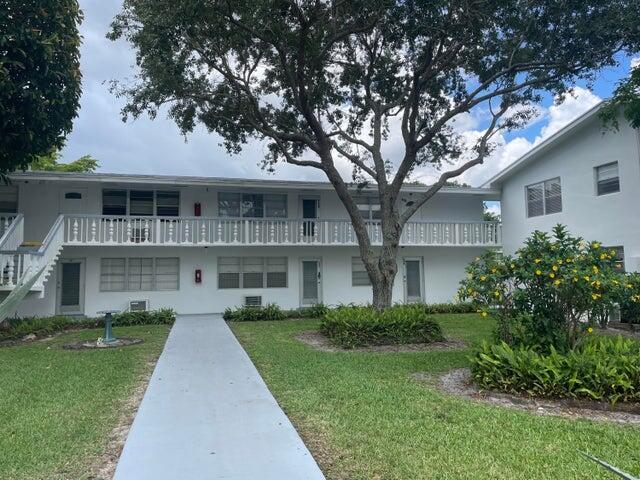

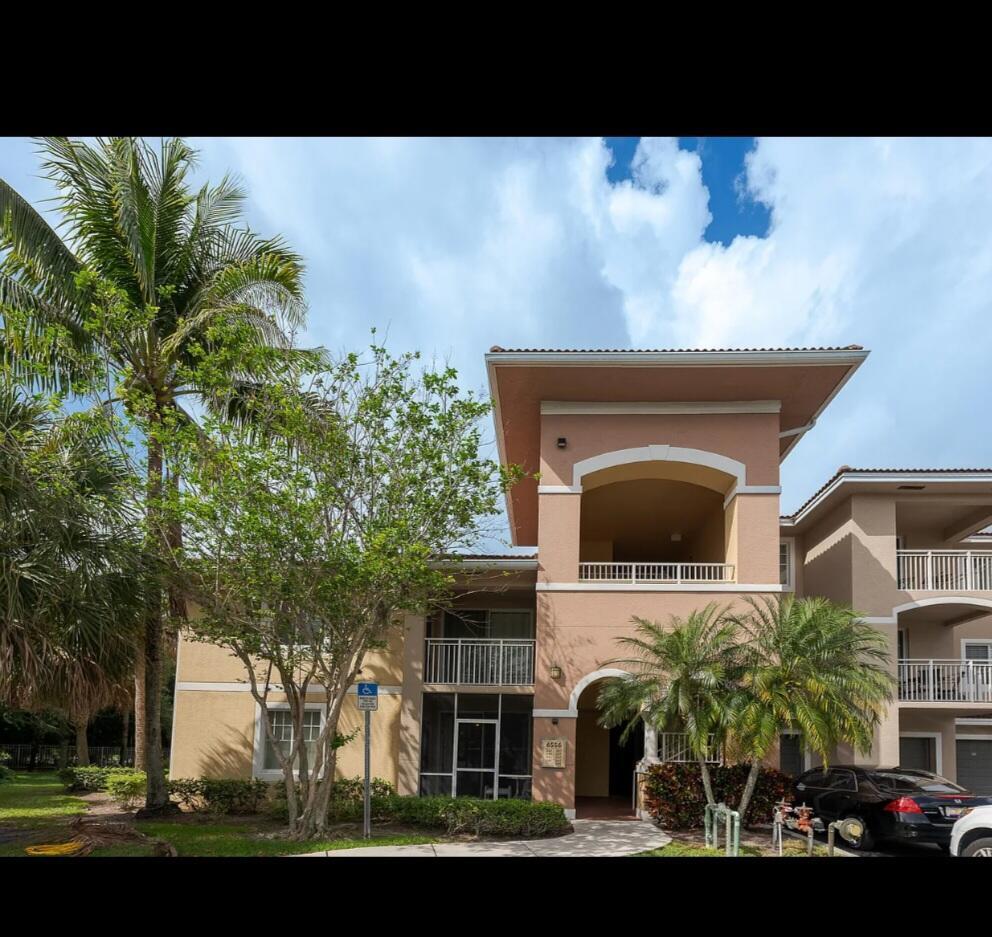
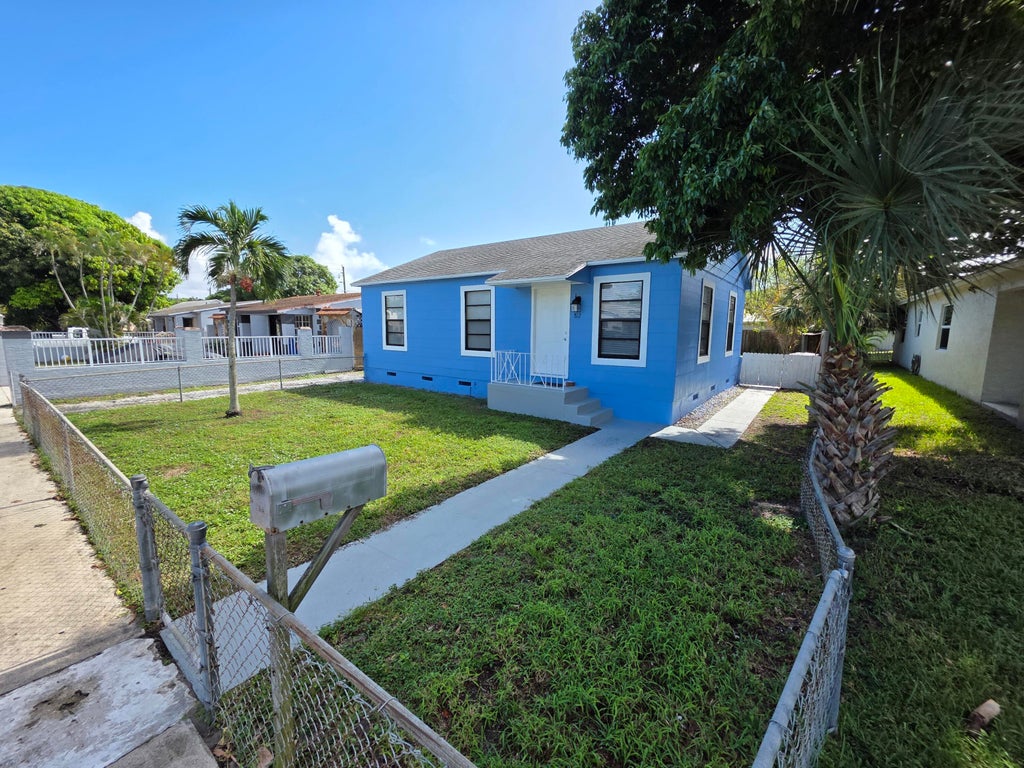
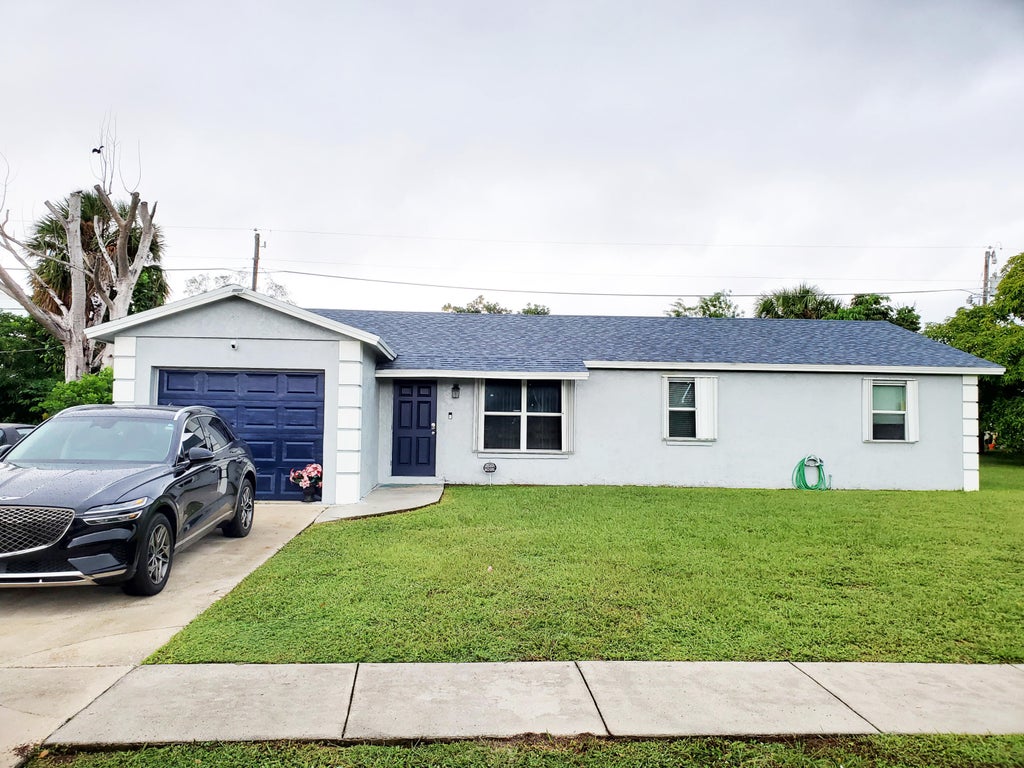
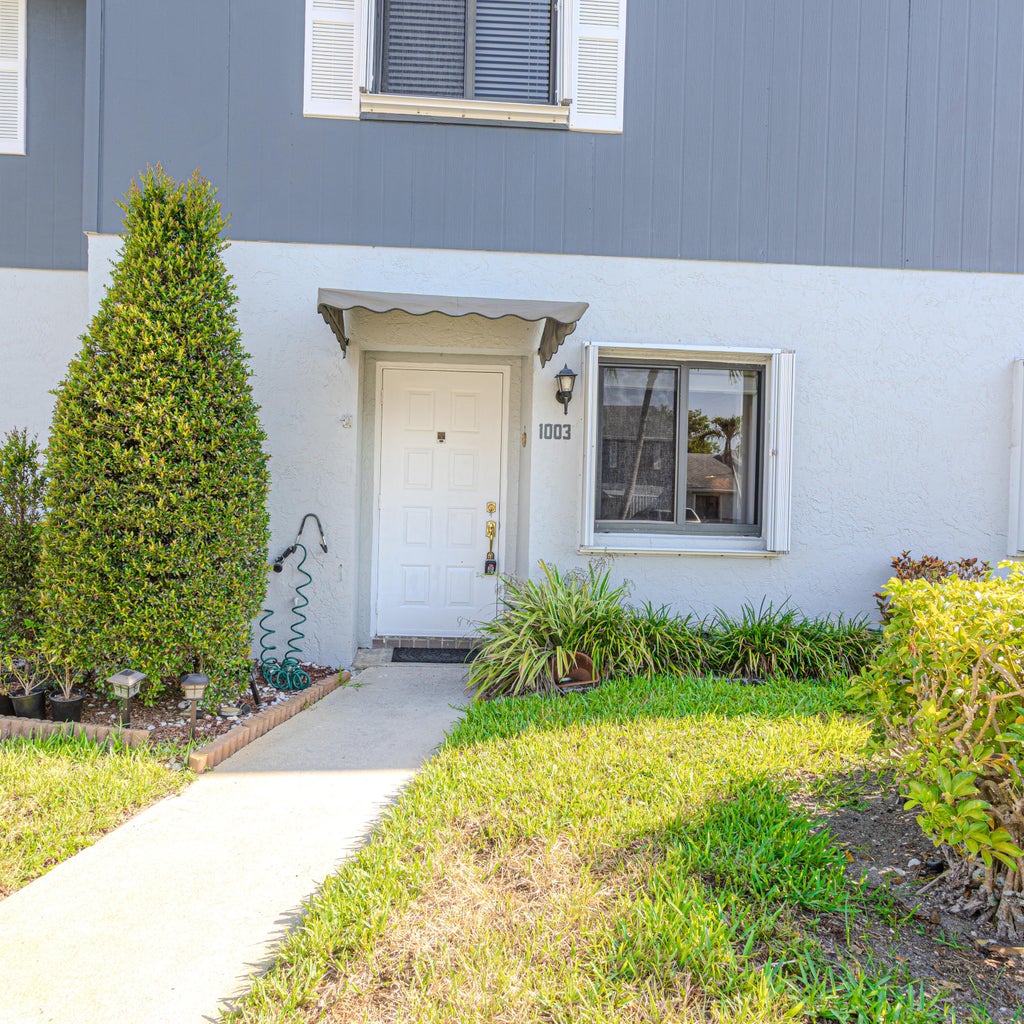
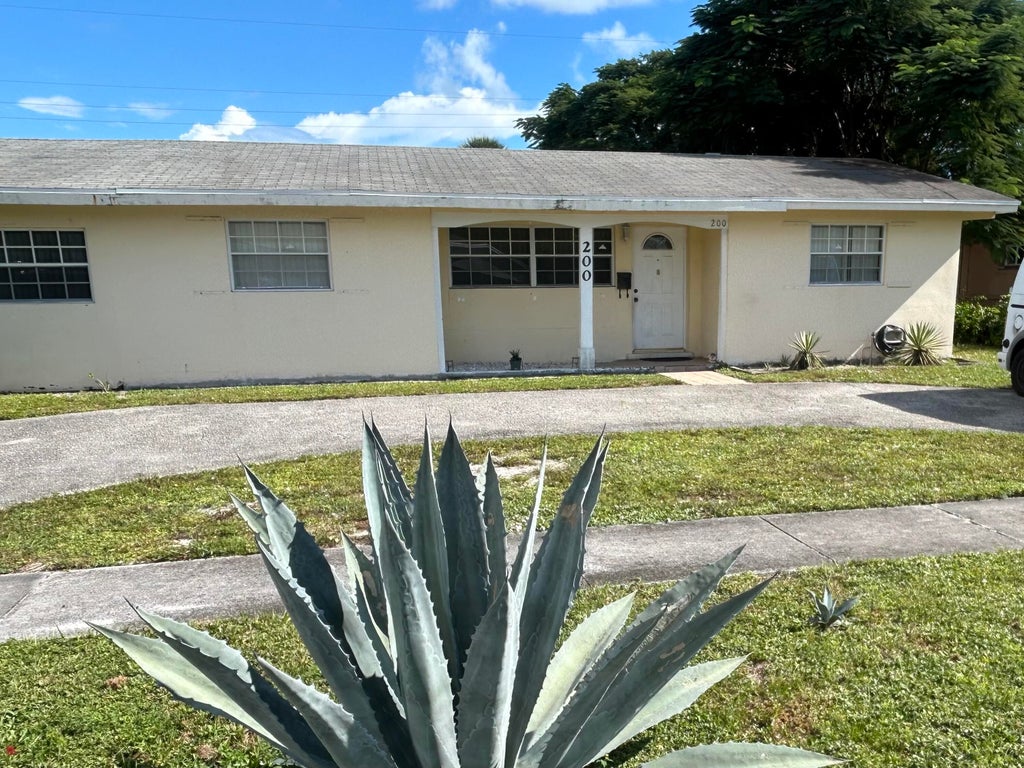

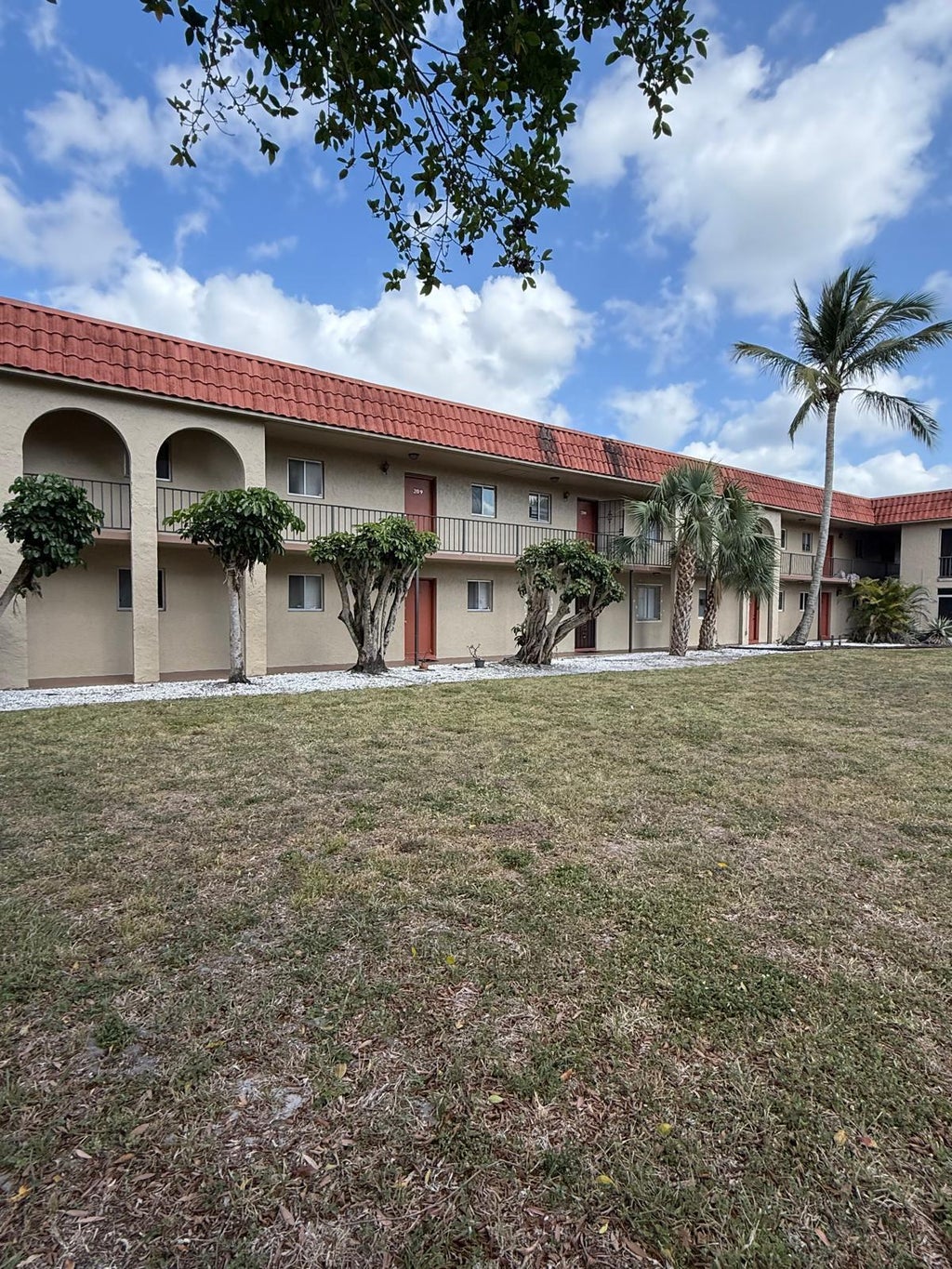


Leave A Comment